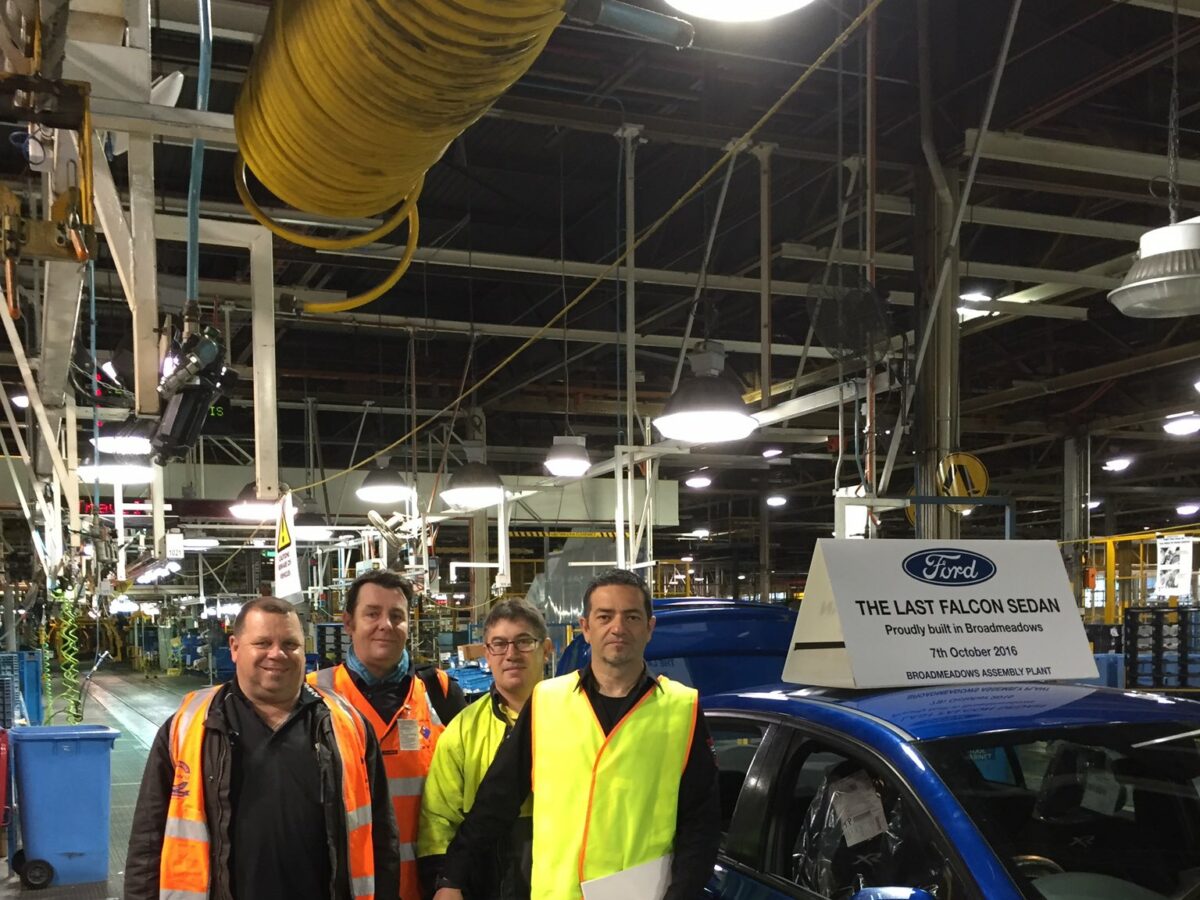Transition from automotive manufacturing avoids worst-case

Analysis by Peter Roberts
When it first became clear that vehicle assembly was finished in Australia the predictions of job losses were truly massive.
But three years later the Coalition, which dealt the coup de grace to the sector, is claiming credit for an orderly transition for many of the local suppliers to the three car manufacturers.
The Australian Automotive Industry – Transition report released late last week found that about 75 per cent of former supply chain companies remain in business following the closure of the Ford in 2016 and Holden and Toyota in 2017.
Industry minister Karen Andrews said the government's policies had encouraged manufacturers to embrace new technologies and markets.
Andrews said: “This report shows locally-owned businesses achieved the best results by drawing on existing skills to diversify and take advantage of new markets.
“Supply chain businesses have transitioned effectively by moving into new sectors such as truck and bus manufacturing, as well as agriculture and medical technologies.”
That is all well and good but we have lost much – the foreign owned suppliers have generally exited, and the loss of Ford, Toyota and Holden is a permanent diminution of our industrial capability.
And it is true that those local companies that have successfully transitioned have been able to access government cash which supported their own investment choices.
In most cases their success stems from the skills, determination and vision of their own leadership and workforces, but yes, the support did make a difference.
Andrews then rather blows her case when she goes on to say: “For future growth, electric vehicle markets offer significant opportunities for businesses to participate further in global supply chains.
“Our manufacturers also have strengths in emerging areas of light weight components, battery recharging and cooling, and autonomous vehicle technologies.”
A separate report suggests 82 per cent of affected workers were able to secure work, but this means one in five did not.
The idea that this government has paid more than lip service to electric vehicles and battery recharging is laughable.
Their only well developed area of industry policy is in defence, and it is no coincidence than many in automotive are transitioning to defence products.
Far from showing that all is well with industry policy in Canberra the transition from auto shows up just how woeful industry policy has become in the is country.
We had a suite of credible policies in the 1980s and 1990s that began the transition from our protected past.
But the story since then has been one of policy neglect and cuts in funding….other than defence and its related area of space which have only been embraced because of political implications.
Where, honestly, are the heavy-hitting defence-like policies encouraging and supporting other areas?
Yes we have a thin veneer of policy covering renewable technologies and the like, but they are nothing compared to those in defence.
The final indignity for industry is that last week also saw an attempt by some media to rehabilitate Joe Hockey, the failed Treasurer now completing his job for the boys as US ambassador.
It was he that set off the train of events that led to the demise of auto with his dare to Holden to leave the country.
While Labor is also complicit in the slow wind down of auto, people in industry are not going to forgive Hockey quite that easily.
Picture: The last Australian made Falcon
Subscribe to our free @AuManufacturing newsletter here.
@aumanufacturing Sections
Analysis and Commentary Awards casino reviews Defence Gambling Manufacturing News Online Casino Podcast Technology Videos





